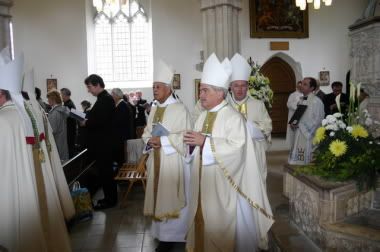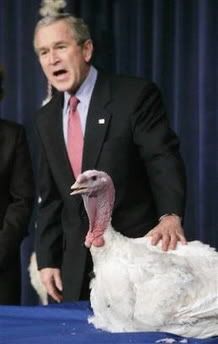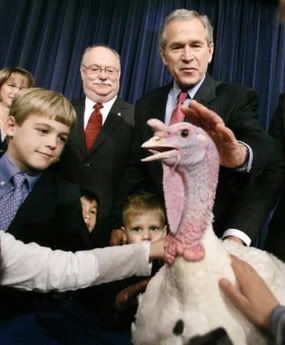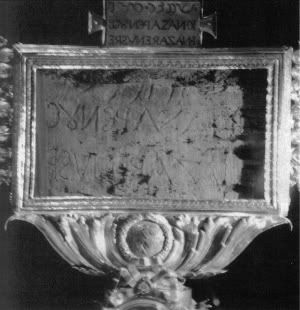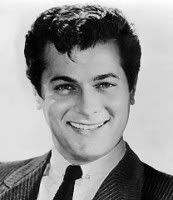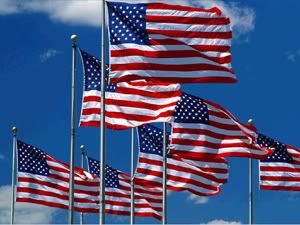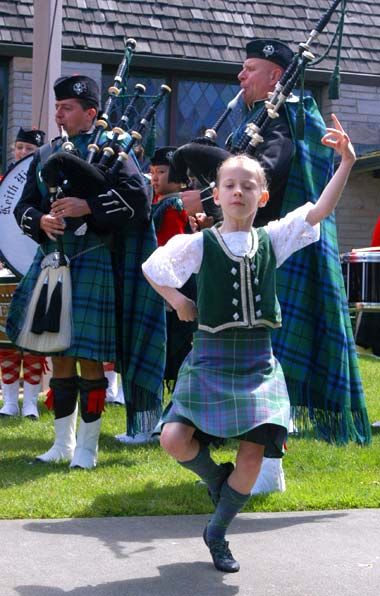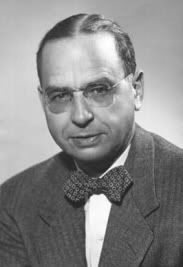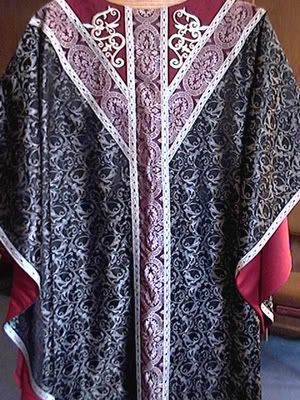
I received my photo for the school yearbook back today. Thankfully, it was one I could live with being remembered by.

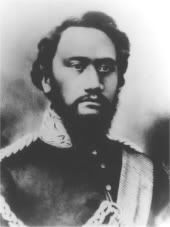
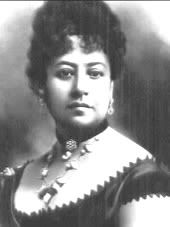
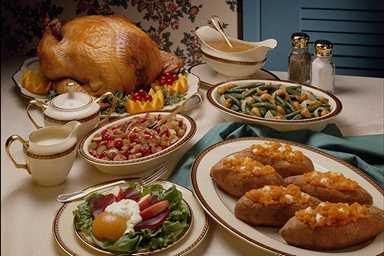
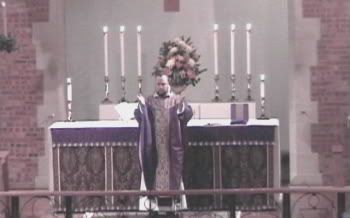
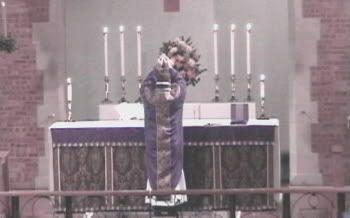
It seemed to me that the following prayers from the morning service for individuals and families from the 1928 Book of Common Prayer (see pg. 588) would make a wonderful daily prayer to use through the course of Advent, speaking as it does on the themes of judgment and preparation.
Dedication of Soul and Body to God’s Service, with a Resolution to be growing daily in Goodness.
AND since it is of thy mercy, O gracious Father, that another day is added to our lives; We here dedicate both our souls and our bodies to thee and thy service, in a sober, righteous, and godly life: in which resolution, do thou, O merciful God, confirm and strengthen us; that, as we grow in age, we may grow in grace, and in the knowledge of our Lord and Saviour Jesus Christ. Amen.
Prayer for Grace to enable us to perform that Resolution.
BUT, O God, who knowest the weakness and corruption of our nature, and the manifold temptations which we daily meet with; We humbly beseech thee to have compassion on our infirmities, and to give us the constant assistance of thy Holy Spirit; that we may be effectually restrained from sin, and incited to our duty. Imprint upon our hearts such a dread of thy judgments, and such a grateful sense of thy goodness to us, as may make us both afraid and ashamed to offend thee. And, above all, keep in our minds a lively remembrance of that great day, in which we must give a strict account of our thoughts, words, and actions to him whom thou hast appointed the Judge of quick and dead, thy Son Jesus Christ our Lord. Amen.
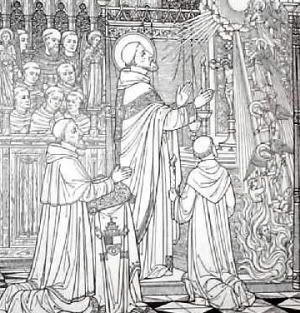
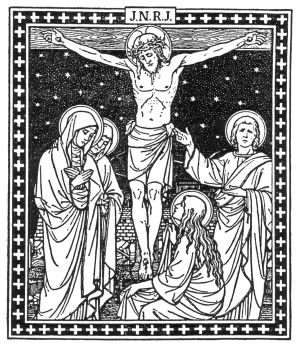
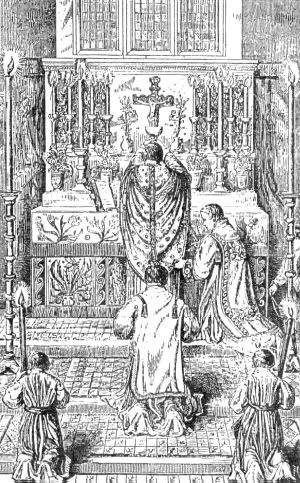





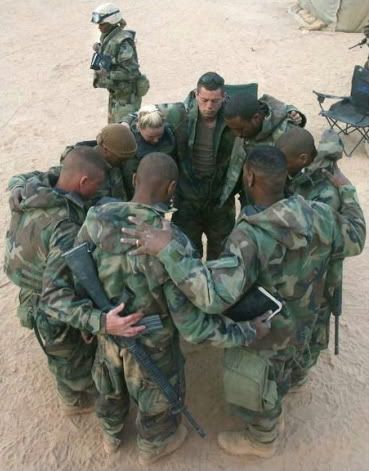
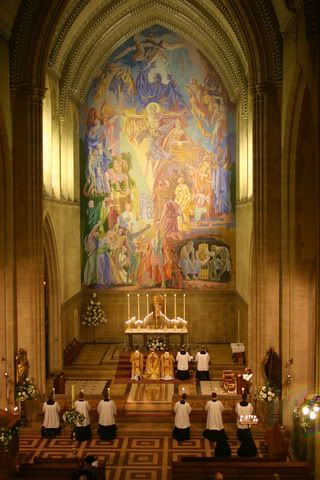
The parish Church of St. Alban the Martyr, Holborn (Diocese of London) has been known as one of the early leaders of the Oxford/Tractarian Movement and the Catholic Revival in the Church of England. If you look in your latest edition of Lamburn's Ritual Notes, you will notice the photographs were taken at St. Alban's.
It came as a shock to many when Affirming Catholicism was formed on 9 June 1990 at St Alban's, by a number of clergy in the Diocese of London, who had been marginalised within or expelled from existing Anglo-Catholic groups because of their support for women's ordination to the priesthood. The problem with Affirming Catholicism is that catholicism is not what is being affirmed. Rather than lifting up the historic faith and order of Christ (described by St. Vincent of Lerins as "that which has been believed always, everywhere, and by all"), it fully embraced innovations and departures from it. It developed a theological stance which was staunchly liberal in matters of inclusivity, but traditionally Catholic in matters of liturgy. The organization is particularly noted for its emphasis on the full inclusion of members of the Church in the threefold ordained ministry regardless of sex or sexual orientation.
It's prominent supporters include the current Archbishop of Canterbury, the Most Reverend and Right Honourable Dr. Rowan Williams, as well as the openly gay (but celibate) Dean of St. Albans Cathedral Abbey, the Very Reverend Dr. Jeffrey John, both of whom have served on the executive committee of British/Irish Affirming Catholicism in recent years. In North America, prelates involved in the organization include Frank Griswold, presiding bishop of the Episcopal Church USA, and Archbishop Andrew Hutchison, Primate of the Anglican Church of Canada.
But here's something to be thankful for this holiday. Bishop John Broadhurst (Suffragan of Fulham in the Diocese of London) reported to the 2005 National Assembly of Forward in Faith (UK) that to his astonishment last September, St. Alban's Holborn petitioned under the Act of Synod. This means that the parish council passed resolutions A (that no female priest be allowed to celebrate), B (that no female incumbant be appointed), and C (that requests an orthodox Provincial Episcopal Visitor). "We've got it back!" he told the excited crowd. The Bishop of Fulham noted also that when the Vicar of St. Alban's, Father Howard Levitt, arrived in the parish, he agreed not to discuss the ordination of women to the priesthood. But it was the discussion of the current issues in England, particularly the consecration of women as bishops, that changed hearts and minds in the parish.
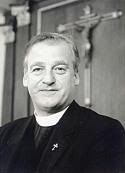
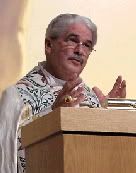
Bishop John Broadhurst and Bishop Jack Leo Iker
I give thanks for these little victories that will continue as lifeless churches die off and churches filled with hope and the timeless faith of the apostles continue to move forward. I also give thanks for my own bishop, Jack Iker, and my diocese of Fort Worth in their faithfulness over the years during trying circumstances. Fidelity to the gospel is always being threatened by temption. I loved these passages from the bishop's sermon at the opening Mass of the recent diocesan convention:
"But who do you say that I am?" Jesus was not concerned about popularity or success or about making a good impression on others. He was concerned about drawing the disciples into a recognition of who he was and of calling them into a personal relationship with him as Savior and Lord. He came to do the will of the Father, whether it was popular or not. Sometimes it made him friends, and sometimes it made him enemies. This is why in so many Gospel scenes Jesus is depicted as being in conflict with the authorities or under attack over one controversy or another. But Jesus was in all things obedient to the Father, regardless of what it cost. He was obedient unto death, even death on the cross.
The Church in our time needs courage to proclaim an uncompromised Gospel, to put doing God’s will above all other concerns, and if necessary to suffer rejection, persecution and loss, as the cost for being obedient. We cannot limp along divided between two opinions. We must choose whom we will serve. This means that we must be willing to endure the ridicule and the sneers, at times even from fellow Christians. Let us pray for boldness and courage in the days ahead, that we may face the challenges that confront us without fear or timidity. Let us bravely pursue God’s agenda for His Church and for His world, not being sidetracked by distractions or conflicts, but being faithful and obedient to the Word, that He has given us to proclaim, whatever the cost, wherever it leads us.
